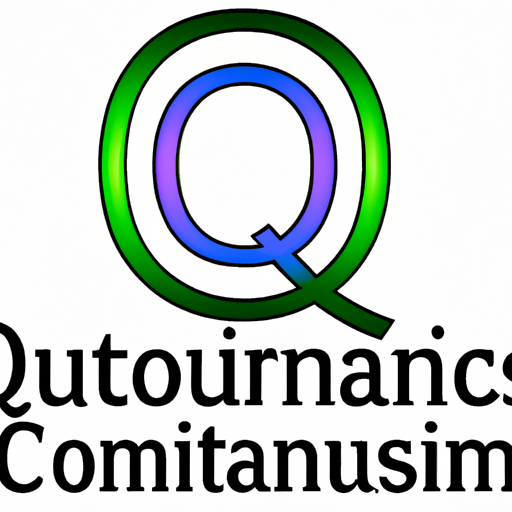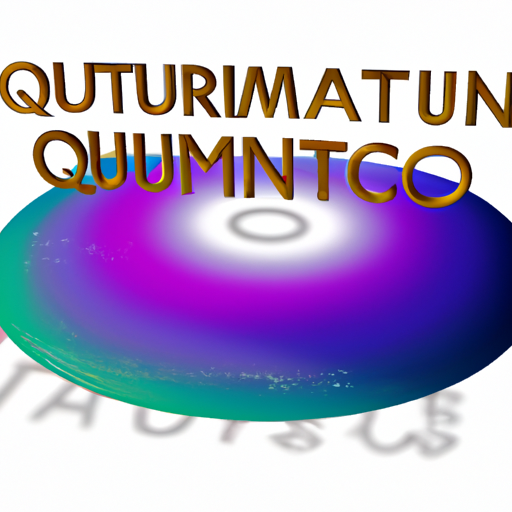Quantum computing is an emerging field poised to revolutionize the way we process information. Unlike classical computers that use bits as the smallest unit of data, quantum computers leverage quantum bits, or qubits, allowing them to solve complex problems at unprecedented speeds. In this blog post, we will delve into what quantum computing is, its key principles, and its potential applications in various sectors.
What is Quantum Computing?
At its core, quantum computing is based on the principles of quantum mechanics, a branch of physics that describes the behavior of matter and energy at very small scales. Quantum computers exploit phenomena such as superposition and entanglement to perform calculations. While classical computers process information in binary (0s and 1s), quantum computers can exist in multiple states simultaneously, enabling them to process vast amounts of data more efficiently.
Key Principles of Quantum Computing
- Qubits: The fundamental unit of quantum information is the qubit, which can represent both 0 and 1 at the same time thanks to superposition.
- Superposition: This principle allows qubits to be in multiple states at once, leading to a parallelization of computational tasks.
- Entanglement: When two qubits are entangled, the state of one qubit becomes dependent on the state of the other, regardless of the distance separating them.
- Quantum Gates: Quantum gates manipulate qubits and are the building blocks of quantum algorithms, similar to logic gates in classical computing.
Applications of Quantum Computing
The potential applications of quantum computing are vast and varied. Here are some key areas where quantum technology could have a significant impact:
- Cryptography: Quantum computers can potentially break traditional encryption methods, leading to the development of new quantum-resistant cryptography.
- Pharmaceuticals: Quantum simulations can accelerate drug discovery processes by accurately modeling molecular interactions.
- Artificial Intelligence: Quantum algorithms can enhance AI capabilities, enabling faster data processing and improved learning models.
- Financial Modeling: Quantum computing can optimize trading strategies and risk assessments in finance.
The Road Ahead: Challenges and Future Prospects
While the potential of quantum computing is enormous, there are several challenges that researchers and companies face. Building stable and scalable quantum computers requires advancements in quantum hardware and error correction techniques. As research continues, we can expect to see significant breakthroughs that will pave the way for practical quantum computing applications.
Conclusion
Quantum computing represents a paradigm shift in how we approach problem-solving and data processing. As technology evolves, its ability to tackle complex challenges in various industries makes it a critical area of interest for investors, scientists, and tech enthusiasts alike. Keeping an eye on the developments in quantum technology is essential, as it could very well define the future of computing.
Are you ready to explore the quantum realm? Stay updated on the latest advancements in quantum computing and how they might shape our technological landscape.













